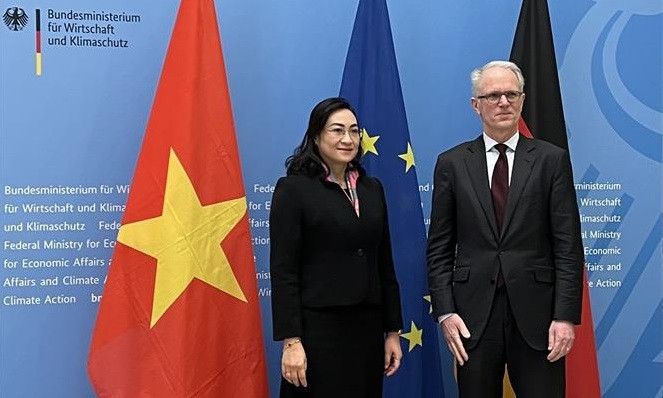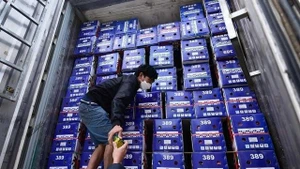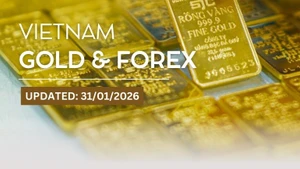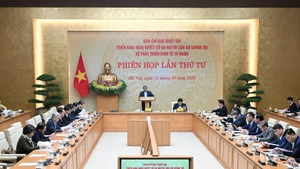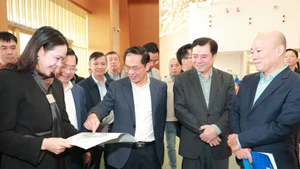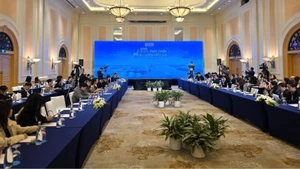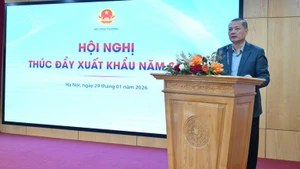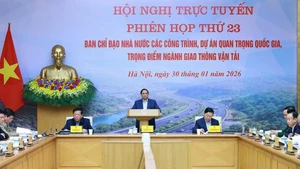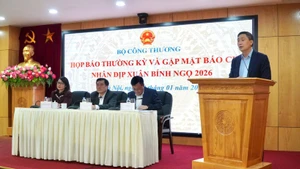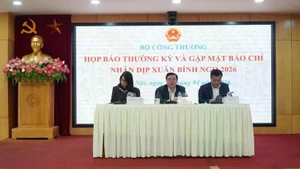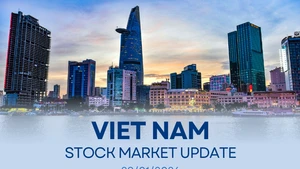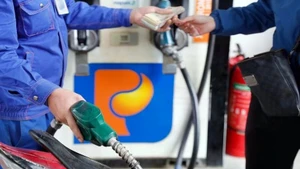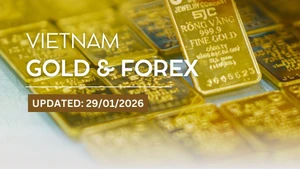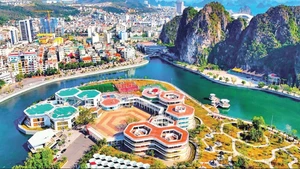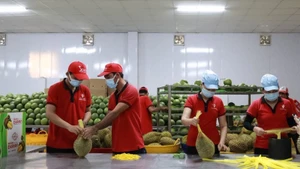The committee noted that last year, two-way trade between Germany and Vietnam reached nearly 15 billion EUR, up from 10 billion EUR in 2015. The German side wished to join in projects in energy, healthcare and digitalisation through the exchange of experience and technological transfer.
Both sides reaffirmed their strong bilateral relationship, demonstrated by German Chancellor Olaf Scholz’s Vietnam visit, during which a number of new agreements were signed, including a Memorandum of Understanding on energy transition, labour and vocational training.
In energy cooperation, both sides wished to upgrade their Energy Dialogue to an Energy Partnership to accelerate the energy transition process in the two countries.
They acknowledged the crucial role of ensuring energy security in economic development through diversification of energy sources; development, production and use of renewable energy, and technologies in energy efficiency, energy conservation and storage.
In the fields of industry and digital transformation, the two sides looked to strengthen cooperation in automobile production; and agreed to encourage German companies to seek component and spare part suppliers in Vietnam and invest in supporting industries in other fields such as textile, leather and footwear, electronics and high-tech manufacturing. They also mentioned the possibility to step up the issuance of working visas for German employees in Vietnam, thus creating favourable conditions for German companies to do business in the country.
Host and guest discussed solutions to simplify administrative procedures and remove non-tariff trade barriers. They agreed to support and protect geographical indications of each other's products in accordance with EU-Vietnam Free Trade Agreement (EVFTA) and the laws of both countries. Vietnam proposed that Germany ratify the EU-Vietnam Investment Protection Agreement (EVIPA), encourage German businesses to invest in Vietnam, and make it easier for Vietnamese farm produce and aquatic exports to enter the German market.
They vowed to jointly popularise products through retail distribution channels in partner markets, as well as inform each other about trade fairs and exhibitions.
Deputy Minister Thang emphasized the importance of maintaining this dialogue mechanism, especially amid fluctuations in the world today.
According to chargé d'affaires a.i of the Vietnamese Embassy in Germany Chu Tuan Duc, the Joint Committee's second meeting has achieved important results, particularly the joint wish of upgrading their Energy Dialogue to an Energy Partnership.
At the meeting, they also agreed to organise the meeting of the Joint Committee every two years. Accordingly, the next meeting is scheduled to be held in Vietnam in early 2025, or may be earlier if agreed by both parties.
